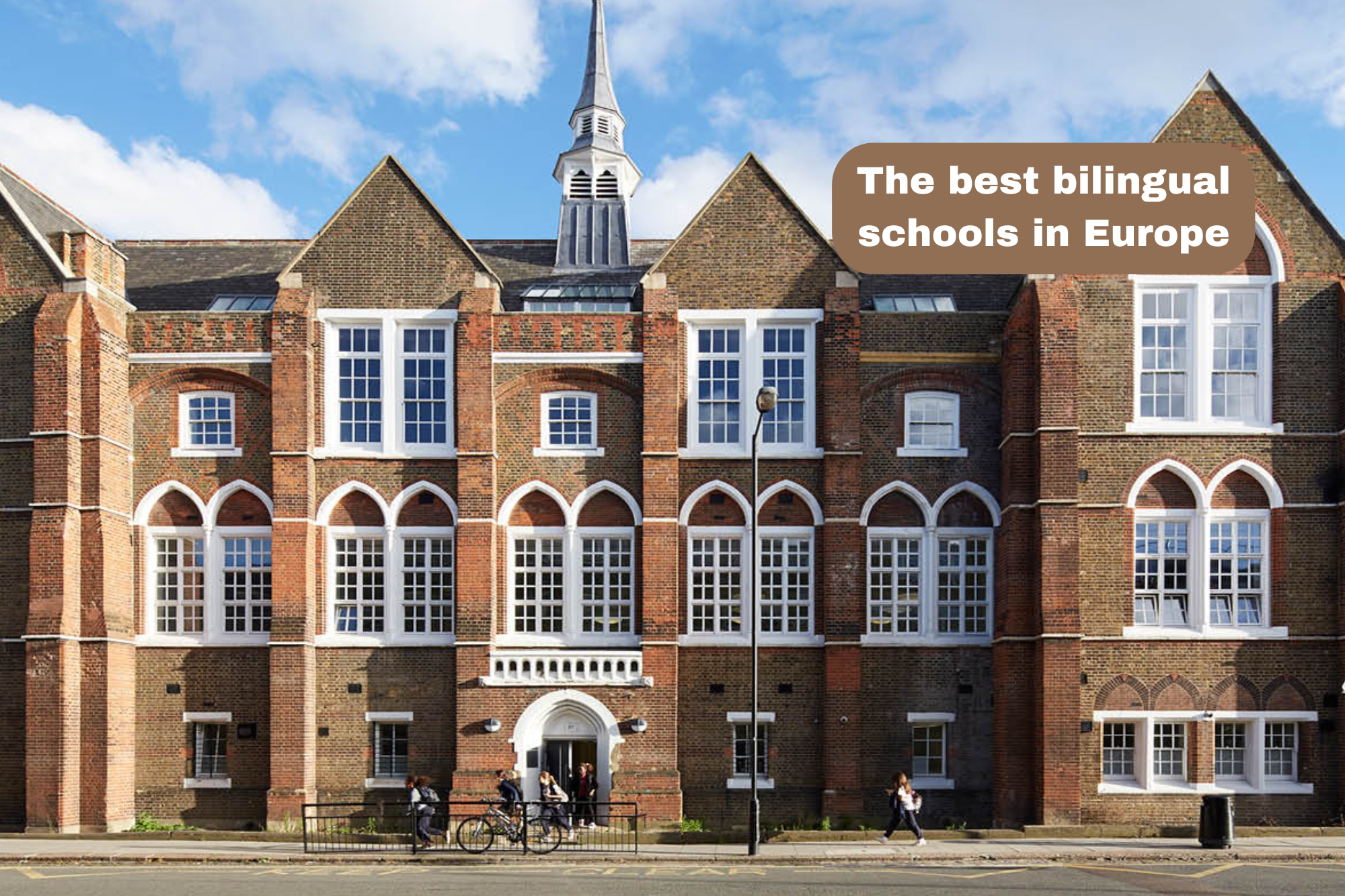Share this Post
Choosing the right curriculum for high school students is one of the most important decisions parents and guardians must make.
The British and Nigerian curricula are among the most widely adopted in Nigeria, each offering unique advantages and challenges.
While the British curriculum is internationally recognized and structured, the Nigerian curriculum emphasizes national values and local relevance.
This article provides a detailed comparison between the British and Nigerian curricula, helping parents and students make informed decisions.
Overview of the British Curriculum
The British curriculum, also known as the National Curriculum of England, is widely used in international schools across Nigeria.
It follows a structured approach with a focus on subject mastery, skill development, and international relevance.
Key Features:
- Structured Stages – The curriculum is divided into Key Stages (KS1 to KS5), preparing students systematically.
- Internationally Recognized Qualifications – Students sit for exams such as the IGCSE (International General Certificate of Secondary Education) and A-Levels, which are widely accepted for university admissions worldwide.
- Emphasis on Critical Thinking – Encourages independent learning, research, and analytical skills.
- Continuous Assessment – Uses coursework, projects, and periodic assessments to evaluate students rather than relying solely on final exams.
Advantages:
- Globally recognized and accepted in top universities.
- Encourages creativity, research skills, and independent learning.
- Offers a wide range of subject choices and flexibility.
Disadvantages:
- Can be expensive due to high tuition fees in British schools.
- May lack emphasis on Nigerian history and culture.
- Can be demanding due to continuous assessments and exams.
Overview of the Nigerian Curriculum
The Nigerian curriculum is developed by the Nigerian Educational Research and Development Council (NERDC) and follows a structured path from junior secondary to senior secondary levels.
It is designed to provide a solid foundation in core subjects and prepare students for national exams such as WAEC (West African Examinations Council) and NECO (National Examinations Council).
Key Features:
- Core Subject Focus – Includes subjects like Mathematics, English, Basic Science, Social Studies, and Civic Education.
- National Exam-Based – Students take WAEC, NECO, and JAMB (Joint Admissions and Matriculation Board) for university entry.
- Integration of National Values – Includes Nigerian history, culture, and ethics to preserve national identity.
- Affordability – More affordable compared to the British curriculum, making it accessible to a broader population.
Advantages:
- Prepares students for local tertiary institutions.
- Affordable and widely available in both private and public schools.
- Promotes Nigerian culture, ethics, and history.
Disadvantages:
- Less internationally recognized compared to the British curriculum.
- Focuses heavily on memorization and standardized exams rather than critical thinking.
- Limited flexibility in subject selection.
Comparative Analysis: British Vs. Nigerian Curriculum
| Feature | British Curriculum | Nigerian Curriculum |
| Global Recognition | High – Accepted worldwide | Limited – Mainly in Nigeria & West Africa |
| Cost | Expensive | More affordable |
| Teaching Approach | Inquiry-based, research-focused | Memorization and exam-focused |
| Assessment Method | Continuous assessment and final exams | Heavy reliance on final exams |
| University Pathway | Prepares students for international universities | Prepares students for local universities |
| Flexibility | More subject choices | Limited subject choices |
Which Curriculum is Better for High School Students?
The choice between the British and Nigerian curriculum depends on several factors:
- Future Educational Goals – If a student intends to study abroad, the British curriculum offers better international opportunities. If the goal is to attend a Nigerian university, the Nigerian curriculum is sufficient.
- Learning Style – Students who thrive in critical thinking and research-based learning may prefer the British system, while those comfortable with structured and exam-based learning may find the Nigerian curriculum easier to follow.
- Financial Considerations – The British curriculum is more expensive due to tuition fees and examination costs, while the Nigerian curriculum is more budget-friendly.
- Cultural Relevance – The Nigerian curriculum embeds cultural and national history, which may be more relatable to students planning to stay in Nigeria.
Conclusion
Both the British and Nigerian curricula have their strengths and weaknesses. The British curriculum offers international exposure, critical thinking, and flexibility but comes at a high cost.
The Nigerian curriculum, on the other hand, is affordable, culturally relevant, and prepares students for local tertiary education but lacks global recognition.
Ultimately, parents and students must consider academic goals, financial capacity, and long-term career aspirations before making a choice.
Regardless of the curriculum chosen, the most important factor remains the quality of education provided by the institution.





